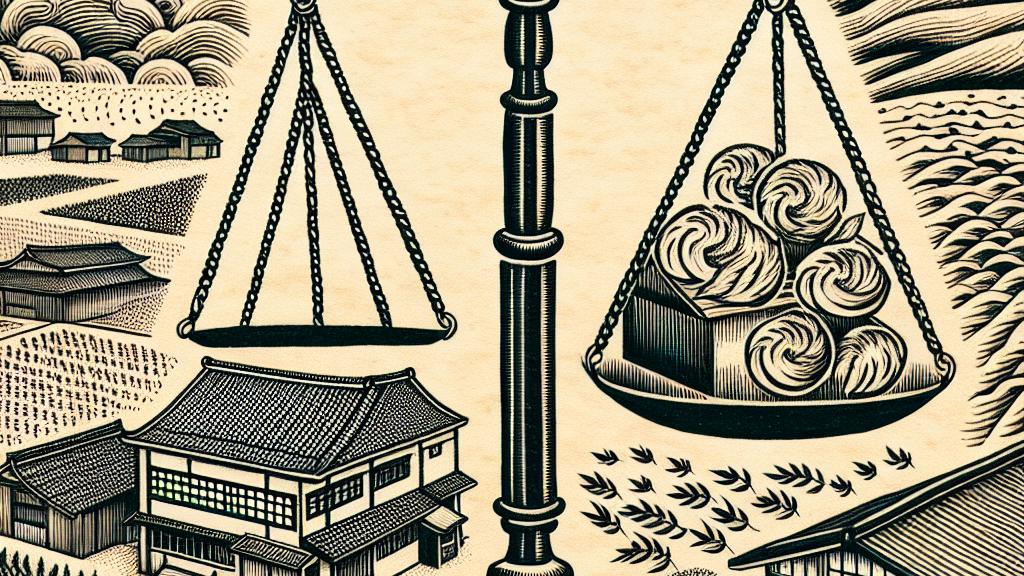Examining the Investigation Bias in the Hakamada Case
Overview
- The Hakamada case starkly illustrates the catastrophic potential of biased investigations leading to wrongful convictions.
- For decades, sensational allegations overshadowed substantial evidence, stirring public scrutiny and fostering critical conversations around justice.
- Recent developments urgently call for a commitment to transparency, accountability, and reform in the judicial system to safeguard against similar injustices.

The Captivating Background of the Hakamada Case
In 1966, the quiet town of Shizuoka Prefecture was rocked by a brutal crime that changed the lives of many. A family of four, linked to a local miso manufacturing company, was horrifically murdered. Iwao Hakamada, an employee, quickly found himself ensnared in a scandal that would haunt him for decades. Arrested under suspicious circumstances and facing intense media scrutiny, he was sentenced to death largely based on a confession that many believed was coerced through duress. As the years rolled on, Hakamada's unwavering claims of innocence sparked public interest, igniting debates over the reliability of forensic evidence and the ethical obligations of investigative police in the pursuit of justice.
How Media Bias Twisted Public Perception
The role of the media in the Hakamada case cannot be understated; it was both pivotal and problematic. During the investigation, sensational headlines painted Hakamada as the prime suspect, with reports echoing police narratives without question. For instance, major newspapers emphasized the relentless pursuit of justice by law enforcement, leading the public to perceive Hakamada’s guilt as a foregone conclusion. Yet, significant counter-evidence was overlooked or misrepresented. This glaring media bias not only distorted public opinion but also proved detrimental to the integrity of judicial processes, as it created an atmosphere where presumption of guilt overshadowed the fundamental principle of innocence until proven guilty.
Current Developments Highlighting the Urgent Need for Reform
Today, as Hakamada's case reemerges, it serves as a powerful catalyst for discussing much-needed reforms in Japan’s criminal justice landscape. The ongoing scrutiny of pivotal evidence, particularly the blood-stained clothing allegedly linked to the murders, questions the accuracy and reliability of past investigations. For example, experts are examining whether contamination occurred during collection or storage, revealing not just flaws in procedure but potentially pointing to deeper systemic issues. Advocates for justice assert that these revelations necessitate comprehensive reforms that prioritize thorough evidence examination and enforce the presumption of innocence. Activists and legal professionals alike insist that the community must rally for a judicial system that values truth and integrity above unsubstantiated claims, ensuring that future generations can place their trust in a fair and impartial legal framework.

Loading...